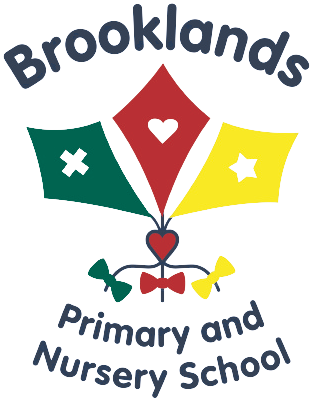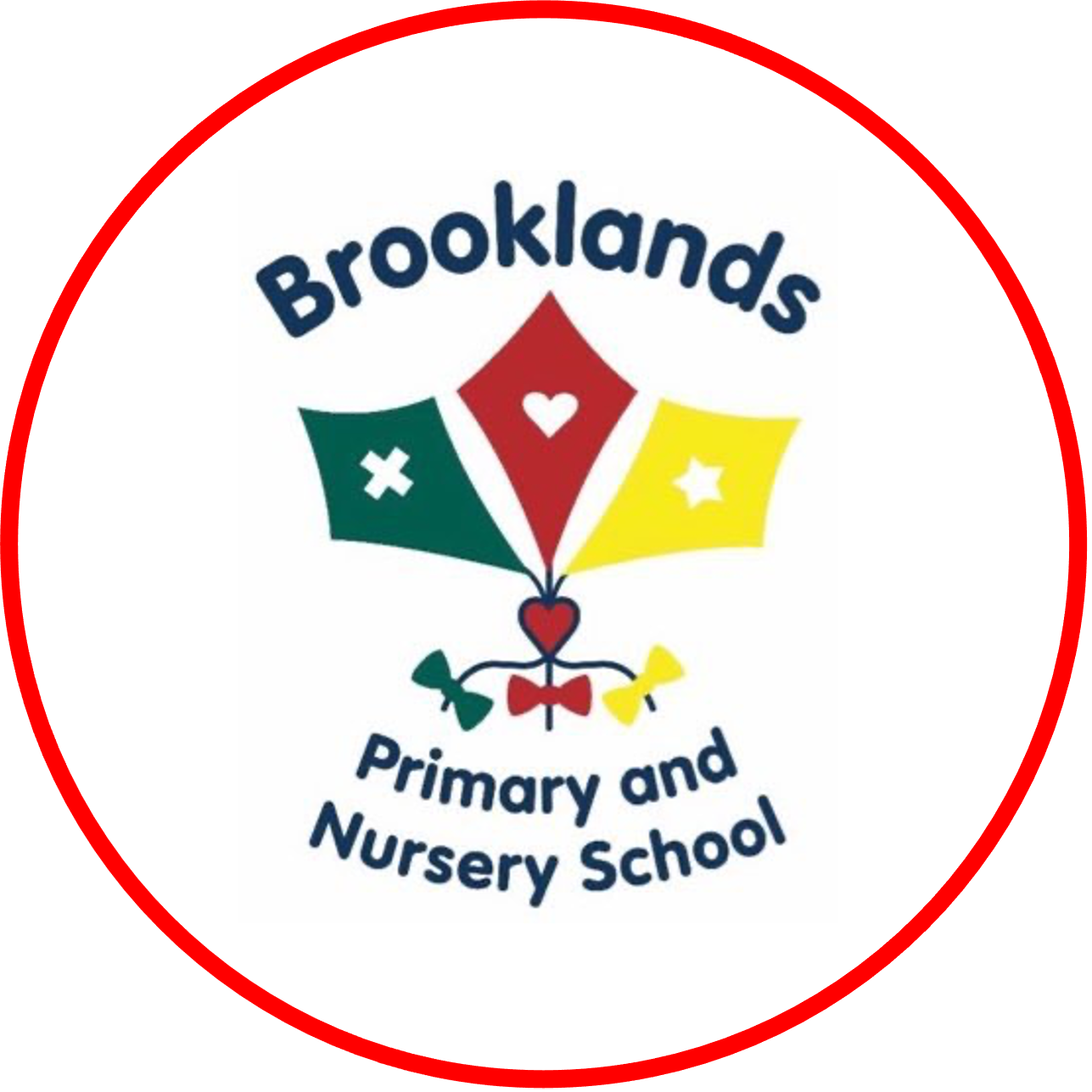Staying Safe Online
The Internet is an increasingly important element in 21st century life for education, business and social interaction. The school has a duty to provide pupils with high-quality Internet access as part of their learning experience. Internet use is a part of the statutory curriculum and a necessary learning tool for staff and pupils. The school Internet access will be designed expressly for pupil use and filtering is set at the highest level.
The breadth of issues classified within online safety is considerable and ever evolving, but can be categorised into four areas of risk:
- content: being exposed to illegal, inappropriate, or harmful content, for example: pornography, fake news, racism, misogyny, self-harm, suicide, anti-Semitism, radicalisation, and extremism.
- contact: being subjected to harmful online interaction with other users; for example: peer to peer pressure, commercial advertising and adults posing as children or young adults with the intention to groom or exploit them for sexual, criminal, financial or other purposes.
- conduct: online behaviour that increases the likelihood of, or causes, harm; for example, making, sending and receiving explicit images (e.g. consensual and non-consensual sharing of nudes and semi-nudes and/or pornography, sharing other explicit images and online bullying, and
- commerce: - risks such as online gambling, inappropriate advertising, phishing and or financial scams which can be reported to the Anti-Phishing Working Group (https://apwg.org/)
The website LGFL is a very useful one for parents and gives lots of information and advice for keeping your child safe online. Please view at https://parentsafe.lgfl.net/#h.kiustevr44ys
You will find a range of Top Tips, Hot Topics, Reporting concerns, Cyberbullying, relationships, videos, screentime, talking to your child about keeping safe for example.
It helps parents to add safe settings, controls and monitoring of device usage to keep your child safe online.
General Online Safety Advice
- ThinkUKnow (CEOP) – Age-appropriate guidance, videos, and games to help children learn about online safety.
🔗 www.thinkuknow.co.uk - Internet Matters – Step-by-step guides for setting up parental controls, managing screen time, and talking to children about online risks.
🔗 www.internetmatters.org - Childnet – A range of resources for parents and children, including advice on social media, gaming, and digital well-being.
🔗 www.childnet.com
Parental Controls & Safe Browsing
To help with online safety at home, we advise that parental controls are used on technology around the home. For more information please click here to access the UK Safer Internet Centre website for quick, easy to use guides for setting up parental controls on different internet providers.
Online safety advice suggests that parents make themselves aware of the applications children are using and their minimum age requirements.
- NSPCC: Keeping Children Safe Online – Advice on parental controls, safe searching, and managing online risks.
🔗 www.nspcc.org.uk/keeping-children-safe/online-safety - UK Safer Internet Centre – Information on setting up privacy controls and reporting online concerns.
🔗 www.saferinternet.org.uk - Common Sense Media – Reviews and ratings for apps, games, and films, helping parents make informed decisions.
🔗 www.commonsensemedia.org
Online Gaming & Social Media Safety
- Ask About Games – A guide for parents on safe gaming, PEGI ratings, and in-game spending.
🔗 www.askaboutgames.com
Cyberbullying & Digital Well-being
- Anti-Bullying Alliance: Online Bullying – Advice on recognising, preventing, and dealing with cyberbullying.
🔗 www.anti-bullyingalliance.org.uk/tools-information/all-about-bullying/online-bullying - YoungMinds: Digital Well-being – Helping children develop a healthy relationship with screen time and social media.
🔗 www.youngminds.org.uk
#Ditto is a free online safety magazine to help you to stay up to date with the latest apps and advice for keeping your child safe online. Click here to access the latest issue.


